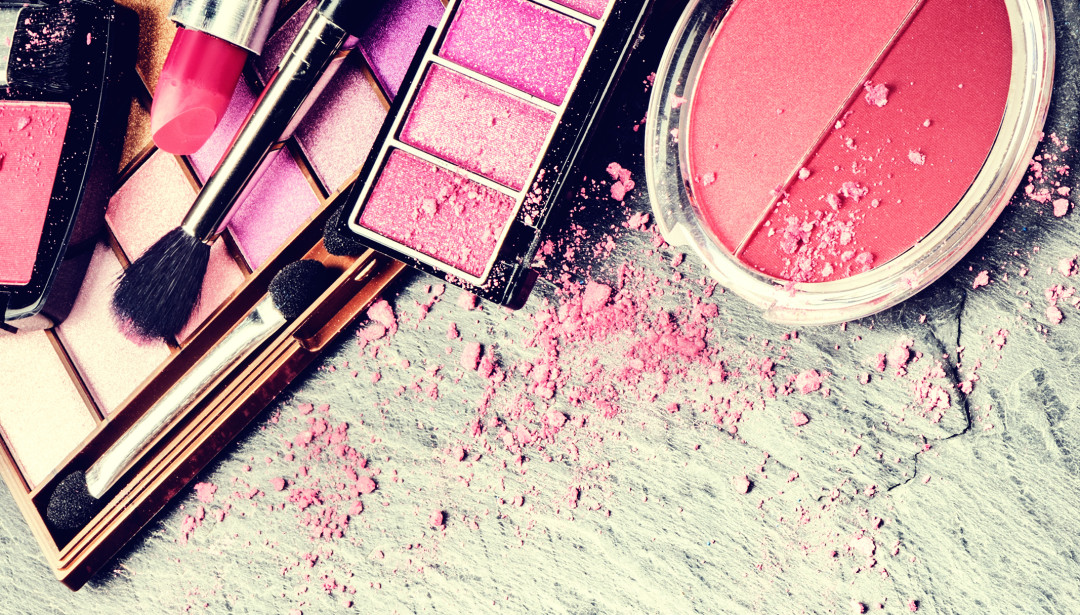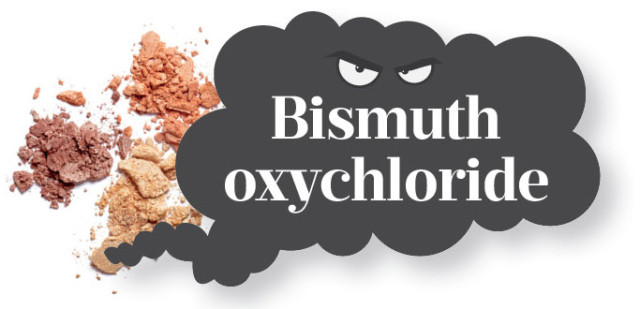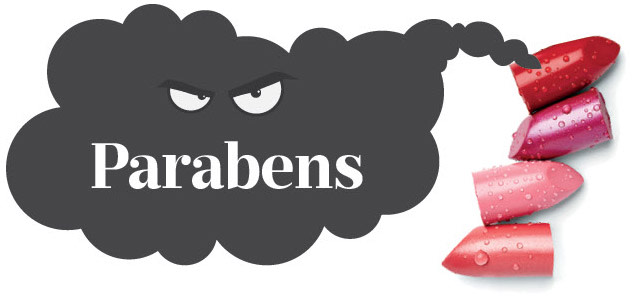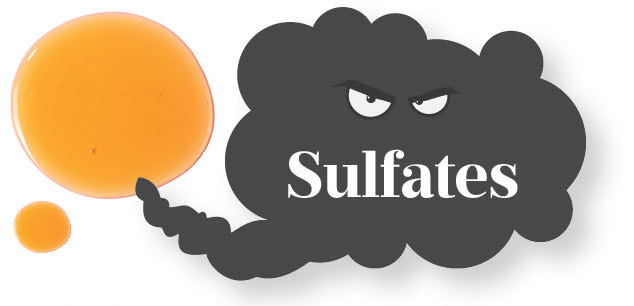You Should Probably Throw Out Your Makeup

Take an honest look at your makeup bag. Are you still holding on to a favorite tube of lipstick from five years ago, eyeshadow from before Obama's first election, and a few impulse-buys from the mall counter that you never wear but were so spendy you can't justify throwing them out? Local holistic beauty pros Jami Sherman and Shannon Milligan, owners of the Pearl District's new sugaring, skin care, massage, and makeup studio Echo Natural Beauty want you to reconsider—for your health.
"I don't think you should keep anything more than two years," explains Milligan. "Even if you're dealing with mineral makeup that doesn't 'go bad' on its own, every time you open the container, dip in a brush, swipe on some lipstick, or use your mascara you're introducing bacteria that could cause congestion, irritation, and infections." Here, she and Sherman give rough guidelines for every kind of makeup:
- Powders (foundation/eyeshadow/blush): 12-18 months. "These have staying power, especially when you clean your brushes often," explains Sherman. She recommends using facial cleanser, a mild shampoo, or a gentle soap like Dr. Bronners.
- Liquid foundation: 6 months, especially if you apply with your fingers or a used sponge. Pump-style liquids and creams last longer, up to a year, but because color is key for full-face makeup it's important to watch for oxidation tint and texture changes that can cause caking or streaks.
- Mascara and gel liner: 6 months, but Milligan recommends swapping out your mascara every season, "because you're using them in and near your eye, adding air and bacteria every time you use them." Got an eye infection? Toss them right away and wait until it clears up to buy more. If your mascara dries out, never add water to thin it—the dark, wet environment is a playground for bacteria. Time to let it go.
- Pencil eyeliners, lip liners, and brow pencils: Because you're constantly sharpening this kind of makeup, you are creating a new surface and losing any old bacteria, so you can typically use it until it's gone.
- Lipsticks and stick foundations: 1-2 years, wipe periodically with a cotton ball soaked in rubbing alcohol to remove surface bacteria, and toss if you notice texture changes or odd smells.
Another reason to toss your crumbling powders, creams, and tubes? The ingredient list may not line up with your health goals. Sherry Okamura Leonard, creator of organic beauty line Okamura Farmacopia, points out the three ingredients to avoid when choosing makeup and skin care products:

“This naturally occurring element found in nickel, tin, and silver is akin to the poison arsenic, and is commonly found in many cosmetics—even “natural” mineral products. Many people experience itchiness when they wear bismuth, especially if they sweat, and irritation can lead to rashes and severe acne.”

“These preservatives [which come in forms like methylparaben, propylparaben, and butylparaben] have been linked to breast cancer, and as a woman who had a lime-size noncancerous mass removed from my breast last year I’m not taking any chances!”

“The foaming agent in many shampoos, body washes, and soaps, this ingredient [usually listed as sodium laureth sulfate] can cause skin irritation and dryness—as well as contribute to hair loss in men and women.
Found some ingredient offenders and are wondering what to replace first? The women behind Echo Natural Beauty (which stocks natural makeup lines W3LL People, RMS, Lily Lolo, and Portland-based Alima Pure) recommends swapping conventional foundation for an organic mineral foundation without synthetics that are often dehydrating and can cause congestion. A good foundation gives your skin a natural evenness—and a bad one can make everything worse.




